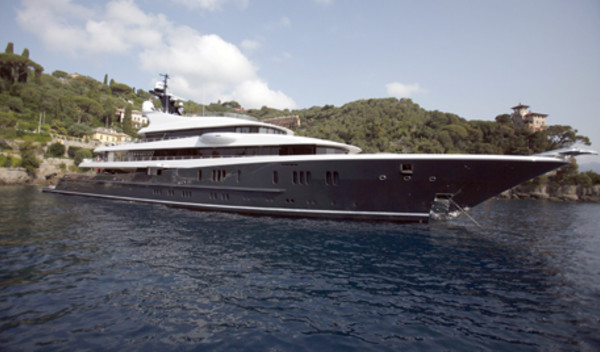

More investors are choosing to invest in their hobbies, with some choosing to spend more than £50,000 on a single investment, according to research by Lloyds Private Banking.
One in six of the 500 investors interviewed as part of the study held collectible investments in their portfolios.
The investors, who all had at least £50,000 invested in traditional and ‘passion’ investments, were willing to part with large sums of money to invest in what they love, spending an average of £13,500 on a single investment.
One in 10 of those surveyed spent more than £50,000 on an individual item, the study found.
While jewellery came out as the most popular collectible asset, classic cars came out on top as the most expensive at an average of £34,500 per investment.
This was followed closely by antiques at £32,500, and whisky at £27,700, while racehorses attracted the lowest level of investment out of the 11 asset classes with an average spend of £15,000.
Markus Stadlmann, chief investment officer at Lloyds Private Banking, said: “In investment terms, work and play do not need to be mutually exclusive.”
He said it was possible to make a hobby pay, adding tangible assets, such as a painting, retain their value and are not eroded by inflation.
“Over the long-term, these types of assets do not closely correlate with more traditional equity and bond markets, and therefore offer diversification opportunities.”
Mr Stadlmann said investing in hobbies can be a highly profitable investment option, with classic cars returning an average of 500 per cent over the past decade.
The study found that one in eight investors have seen a 100 per cent return on a ‘passion’ investment.
But the chief investment officer also said it was important to remember these types of investment often operate in private markets, meaning it it important to do research on the costs of purchasing, restoration, storage, upkeep and insurance.
katherine.denham@ft.com



